Divided between Greek and Turkish Cypriots, the Mediterranean island of Cyprus’ fate is still up in the air. The United Nations, which hosted representatives of the sides as well as diplomats from guarantor states Greece, Türkiye and the United Kingdom in March in Geneva for an informal meeting, plans another round of talks in July, sources from the Turkish Foreign Ministry said on Wednesday.
Sources said that a new turning point in prolonged talks may come soon, pointing out the fact that the long-debated federal model was not voiced for the first time at the Geneva meeting.
Türkiye backs TRNC’s opposition to a federation in the island, an idea proposed in the past for the two communities to have an equal say in the island’s affairs. Greece and Greek Cypriots advocate for one sovereign state in Cyprus.
Turkish Cypriots often pursued an approach that safeguarded the rights of the community, though it was open to concessions in the past, including a bicommunal federation. Under TRNC President Ersin Tatar, who was elected in 2020, it adopted a more hawkish tone and persisted in sovereign equality and two states on the island. The TRNC sees recognition of sovereign equality and equal international status by the international community as a priority to resume talks with the Greek Cypriots for a fair, permanent and lasting solution to the question. Tatar and President Recep Tayyip Erdoğan reiterated this view on international platforms, particularly at the U.N.
The Foreign Ministry sources highlighted that Tatar openly announced that they had ceased support for a bi-communal federation model at an earlier meeting sponsored by the U.N. in 2021 and unveiled a new vision for a two-state solution. Türkiye has been a staunch supporter of this vision as Ankara strives to assist the TRNC to get international recognition, as the Greek Cypriot administration enjoys. Talks for almost more than 50 years based on a bi-communal federal solution bore no fruit, while the Turkish Cypriots suffered from a lack of international recognition. Sources say paving the way for a fair and lasting solution to the Cyprus question can be enabled by handing Turkish Cypriots their birthright: sovereign equality and equal international status.
The conflict has long been on the agenda of the U.N., which has kept a peacekeeping force on the island since 1964.
In the early 1960s, ethnic attacks forced Turkish Cypriots to withdraw into enclaves for their safety. In 1974, a Greek Cypriot coup aiming at Greece’s annexation of the island led to Türkiye’s military intervention as a guarantor power to protect Turkish Cypriots from persecution and violence. The TRNC was founded in 1983. The island has seen an on-and-off peace process in recent years.
The Greek Cypriot administration entered the EU in 2004, the same year that Greek Cypriots thwarted the U.N.’s “Annan Plan” to end the dispute, which had envisaged a reunited Cyprus joining the EU.
Sources said deadlock in talks was partially resolved as the U.N. Secretary-General asked sides to explore ways that would mutually benefit both Greek and Turkish Cypriots. These focus on cooperation that would improve the daily lives of people separated by the buffer zone. Leaders agreed upon opening new crossing points in the divided island, elimination of mines, establishing a joint technical committee and working on solar energy production at the buffer zone, among other topics. The next meeting will concentrate on developments in those fields. Sources said the U.N. chief may appoint a personal envoy to oversee those developments.
Sources also said that Türkiye’s resolve not to give concessions led talks to this point, and deadlock stemmed from the Greek Cypriot side’s unwillingness to share economic and political resources in the island with Turkish Cypriots.

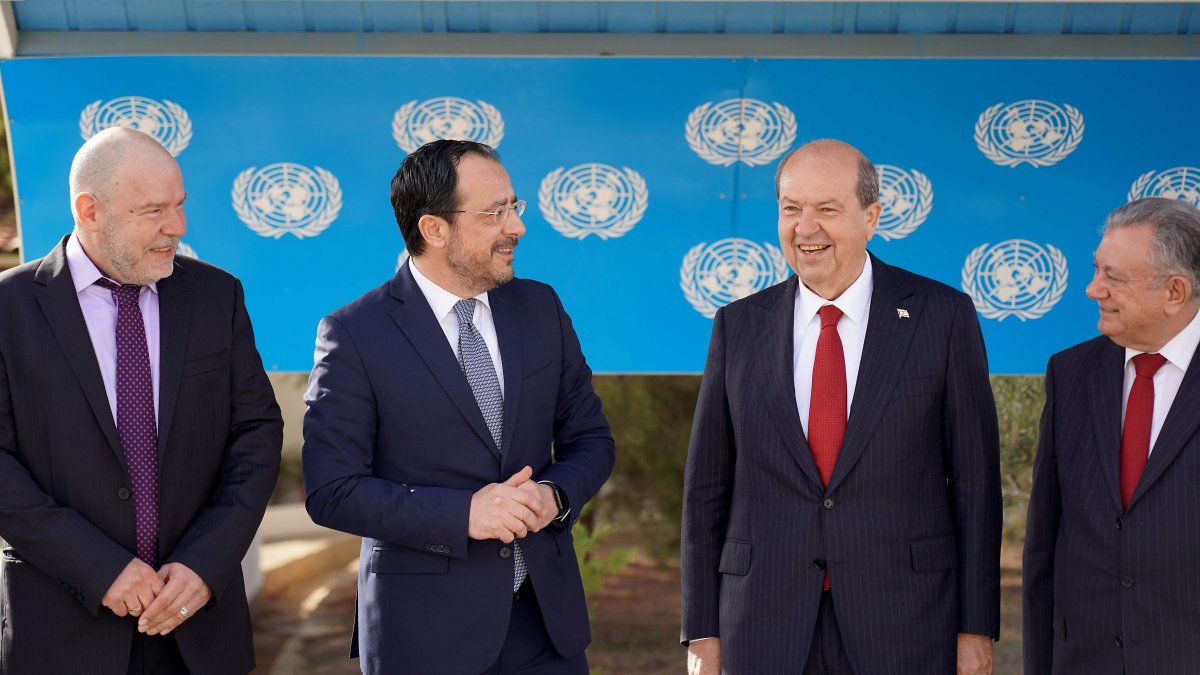
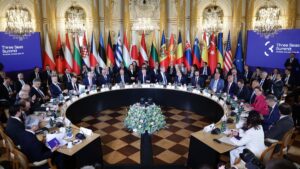
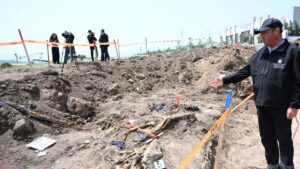
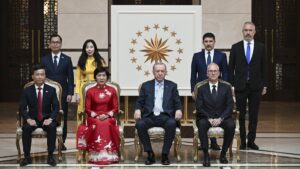
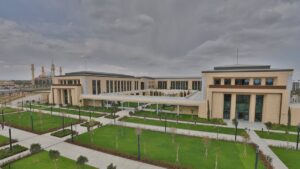


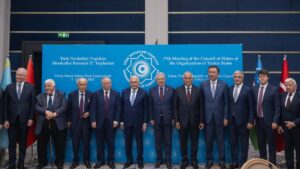
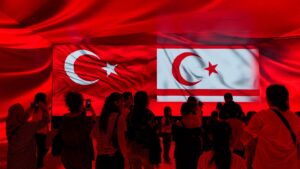
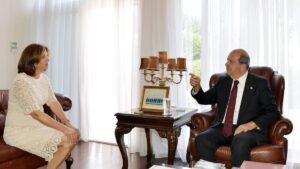
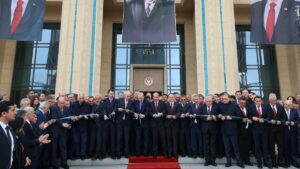

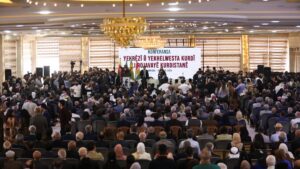
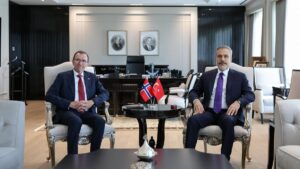
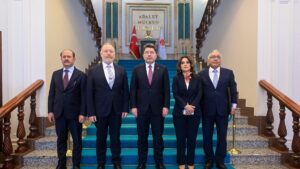

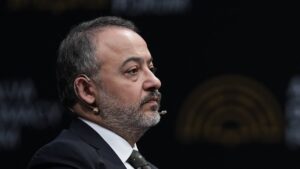
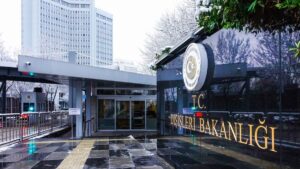
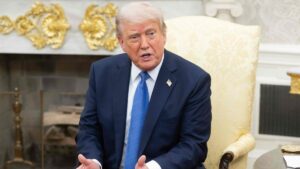
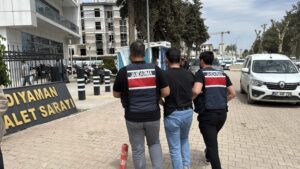
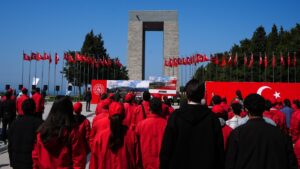
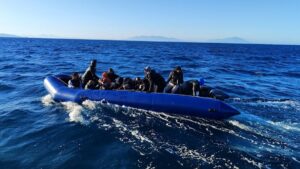
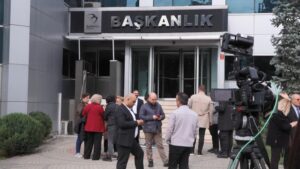
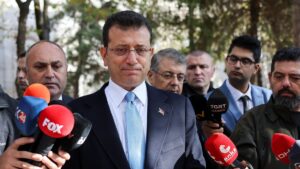
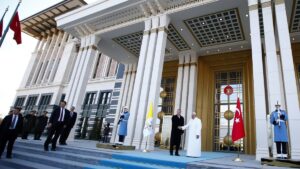
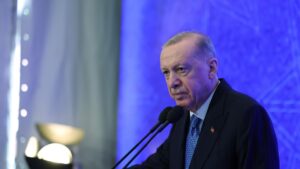
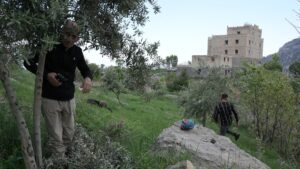
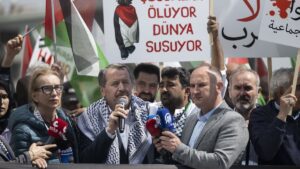

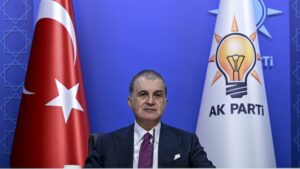
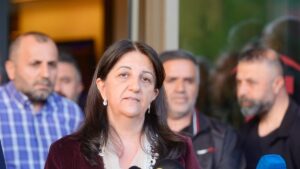

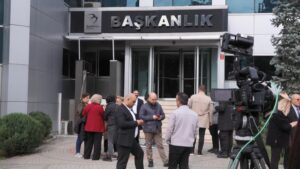
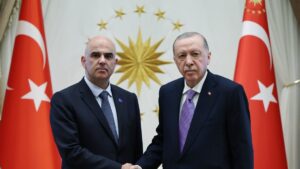

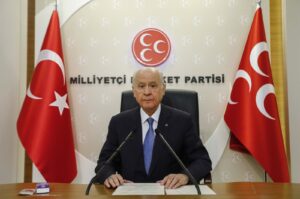
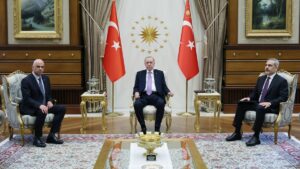
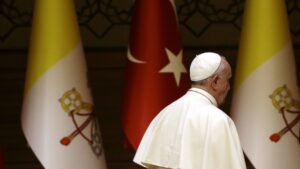
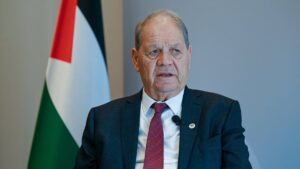
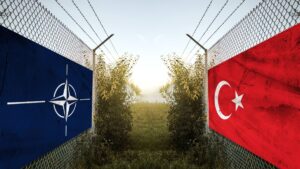

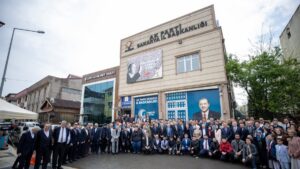

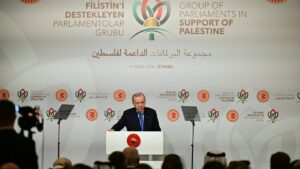
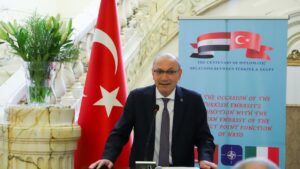
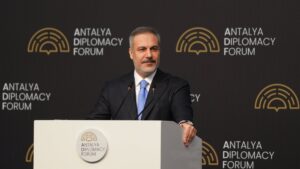

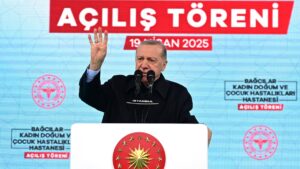

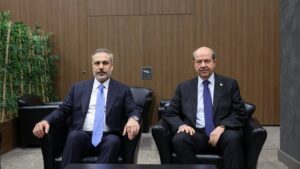
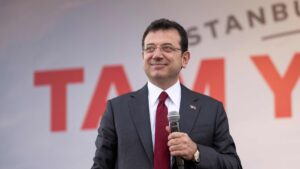
Be First to Comment